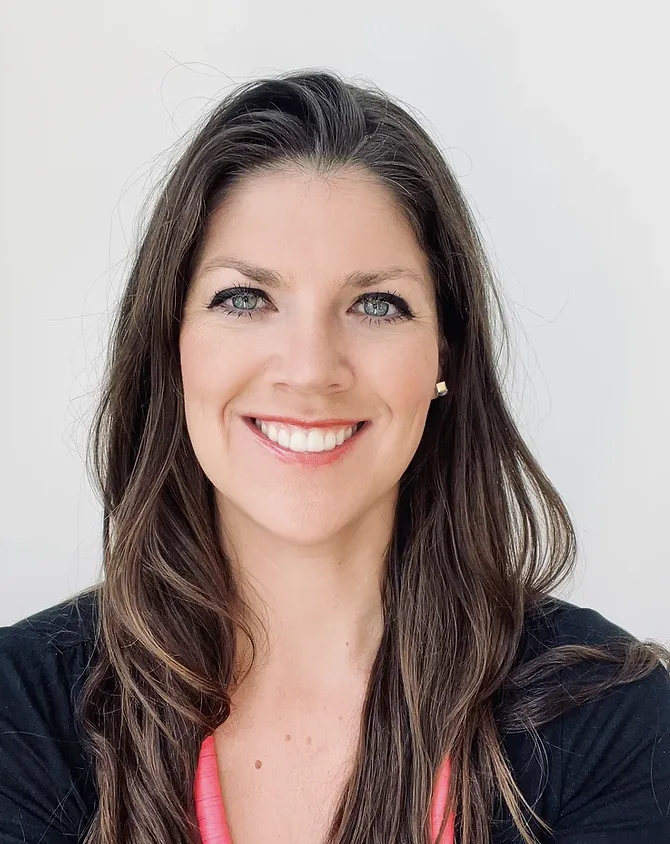Before launching Coyote Ventures, an early-stage fund dedicated to health equity and women’s health, Jessica Karr first needed to discover where her true passion truly belonged.
After completing her MS in Biochemistry, Jessica began her startup career when she helped to design and launch the Impossible Burger as an early employee. Later she completed an MBA and spent two years consulting with about a dozen startups.
“I noticed that many other investors didn’t approach decision-making with this kind of framework, and it often impacted the quality of their decisions,” she explains. “I came across so many incredible innovations and realized I wanted to move into venture — not just to consult with these companies but to fund them.”
As her portfolio grew, Jessica observed the different types of founders she encountered, which shaped her direction in the industry.
“Some founders were phenomenal at developing their product and driving marketing, and they could essentially run the company solo,” she explains. “On the flip side, I also saw ‘Wall Street bros’ who could easily raise $5 million on an idea but didn’t understand the basics of operations.”
With this in mind, Jessica decided she was more interested in supporting overlooked founders early in their journey. “I got really excited about identifying exceptional people and helping them succeed,” she recalls. “I knew I wanted to back underrepresented founders as well.”
Jessica is well aware of the ups and downs founders face while fundraising. Here is some of her best advice on how to succeed.
Fund
Coyote Ventures that invests in early-stage companies focused on women’s health and wellness. They have a focus on founders who are solving problems that disproportionately affect overlooked populations.
What is the quickest way for them to get a no or yes?
I think the fastest way to get to a “yes” is to be highly aligned with a fund and have a timeline that works within theirs. If a founder is really impatient and needs a decision by next week, we’re likely to pass. But if they understand we can provide an answer within a month and are willing to work with us during that time, that’s ideal.
When it comes to getting a “no,” the first meeting is crucial. We’re definitely looking for a culture fit. We’ve had many initial meetings that could have progressed into due diligence but didn’t because we felt the founders weren’t a good fit for the collaborative culture. Typically, I prefer to work with founders who have a strong background in what they’re aiming to achieve.
It’s harder to commit when we know they’ll struggle to raise additional capital. We have a fiduciary duty to our investors to optimize returns, we can’t invest in a company if there’s a risk they can’t raise additional capital. A fundraiser that drags on too long is too risky for us.
What are the important parts of the fundraising journey?
There’s so much that goes into it. Even if a founder is not part of the traditional ecosystem, they need to have enough contacts to independently run a company and raise funds. They can build their networks by surrounding themselves with advisors and supporters who believe in them and can help expand their connections. And physical location should not discourage founders with limited resources.
Traveling can be a highly effective way to connect with the people you want in your circle. Face-to-face interactions can plant the seeds of trust through in-person meetings. It’s very rare for someone to start something fresh without an established network. However, I believe building a network is important, and it can be done virtually and from anywhere.
Do you find founders get in their own way?
I think underrepresented founders sometimes tend to be more realistic or honest in sharing their stories. They often address risk questions proactively, even before being asked, and tend to be conservative in their financial projections. In my experience, many founders end up falling short of their goals, and being overly risk-averse or too conservative can hold them back. While some say they want to “underpromise and overdeliver,” I don’t think that approach is typical or always effective.

About the Author: Tess Danielson is a journalist and writer focusing on the intersection of technology and society.
Get on our radar for an investment.
Beta Boom invests in founders who don’t fit the traditional Silicon Valley mold.

